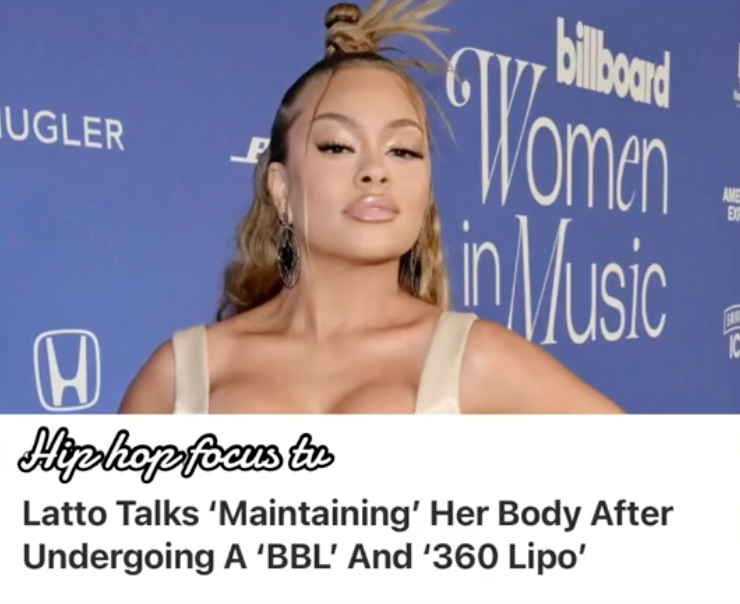When faced with a deeper awareness about ChomskyŌĆÖs propaganda mode in the book “Manufacturing Consent” I began to be shrewdly analyze the companies that benefit the most from advertising a socially liberal stance, what ideas they endorse and how this was profitable to them. This blogpost will focus primarily on Big Food, the rise of obesity in impoverished communities, the mainstream embracing of plastic surgery and body positive sensitivity. How is ChomskyŌĆÖs propaganda model relevant to this? As Chomsky argues the economy of the media is controlled by elite and corporate interests, I aim to discuss whether the rise of media discourse around bodies, nutrition and beauty standards, are really empowering or are just capitalistic.

Big Food and Obesity in Impoverished Communities
How does Big Food shape dietary habits and lifestyle choices? ŌĆ£Poor lifestyle choices… are key contributors in the development and progression of preventable chronic diseases” ( Damle 2018).
The popular “you only live once” ethos along with the ever increasing pace of life in the industrial era has led people to outsource their food sources and often pick less healthy options which may have an addictive short-term reward as a source of convenience or comfort.
Rates of obesity are highest in impoverished communities. ( Damle 2018) Due to the scarce availability of healthy food stores in food deserts, lack of good habits because of limited income, and time off from work to make home-cooked meals, poorer communities are disproportionately targeted by Big Food marketing, cheap and easy processed food options through advertisement. As ChomskyŌĆÖs propaganda model says the corporate interests of the elites trickle down through funding and distribution, advertisement, and flak from pressure groups. The media narratives around unhealthy lifestyles reflect this propaganda. Mainstream media overlooks or downplays the systemic issue of environmental disparity as well as the real detrimental effect of lifestyle choices like bad nutrition, alcohol, drugs; promoting a party lifestyle as symbolic of youth.
How does this link to body image advertisement? Well, personally I agree heavily with the sentiment of healthy looks different on everyone, and that everyone should have a right to feel that they are comfortable in their own skin.
Simultaneously I see discourse like this online around healthy lifestyle:
I am wondering, why are individuals who may be suffering with certain health conditions being shamed for promoting changing their lifestyle. Has the anti-diet, anti-shame culture become toxic? Who is benefitting from people being pushed to consume more and more processed foods, ignoring their own hunger cues and pushing us to work to the brink of the point where we can only feel joy with a margarita in one hand and some highly sugary confectionated joy in the other?
Bibliography:
Brown, M. (2018). The Problem With Female Rap. Available at: https://www.youtube.com/watch?v=XDrLXSG-iPw&pp=ygUecmFwIGN1 [Accessed 21 Nov. 2023].
BROWNELL, K.D. and WARNER, K.E. (2009). The Perils of Ignoring History: Big Tobacco Played Dirty and Millions Died. How Similar Is Big Food? Milbank Quarterly, [online] 87(1), pp.259ŌĆō294. doi:https://doi.org/10.1111/j.1468-0009.2009.00555.x.
Damle, S. G.. Big Tobacco, Big Food, Big Alcohol ŌĆ£Lifestyle DiseasesŌĆØ. Contemporary Clinical Dentistry 9(3):p 327-329, JulŌĆōSep 2018. | DOI: 10.4103/ccd.ccd_580_18
Hardy, J., (2014) . Critical political economy of the media. Abingdon, Oxon: Routledge.[CHAPTER ONE]
Herman, E. & Chomsky, N. (1988). A Propaganda Model. In Durham, M.G. & D. Kellner (2006), Media and Cultural Studies: Key Work, Malden, MA: Blackwell, [pp 257-294]
HipHop Madness (2023). The Toxic Culture of Plastic Surgery in Hip Hop. Available at: https://www.youtube.com/watch?v=a6NMhykGn_o&t=34s [Accessed 21 Nov. 2023].
Nestle, M (2013), The Politics of Food Choice in Food Politics : How the Food Industry Influences Nutrition and Health, University of California Press, Berkeley. Available from: ProQuest Ebook Central. [21 November 2023].
Otterbach S (2021) et al, Using Google data to measure the role of Big Food and fast food in South AfricaŌĆÖs obesity epidemic, World Development, Volume 140, 105368, ISSN 0305-750X, Available at: https://doi.org/10.1016/j.worlddev.2020.105368.
www.youtube.com. (n.d.). ChenadeŌĆÖs Story | The Instagram Effect | BBC Select. [online] Available at: https://www.youtube.com/watch?v=qqwnuFhIyyI&pp=ygUXYmJsICBpbiBibGFjayBjb21tdW5pdHk%3D [Accessed 21 Nov. 2023].
ŌĆī
ŌĆī


I find how you explored the impact of the media’s influence on women, fascinating! They have to fit in to certain standards, always trying to look “sexy” but they usually go to cheaper options than going to the gym and following a diet. How do you think people can reshape those societal norms created by these industries?
This is such a well-developed argument! A very effective insight into certain aspects of the anti-diet and body-positive movements that may have unintended consequences and questions to who benefits from the promotion of certain lifestyles. Considering Chomsky’s propaganda model, how would you respond to the argument that media narratives around bodies, nutrition, and beauty standards are not empowering but rather serve corporate interests, especially in the context of Big Food and its marketing strategies? Your post touches on the potential toxicity of the anti-diet, anti-shame culture, suggesting that individuals promoting lifestyle changes for health reasons might face unwarranted shaming. How do you think society can strike a balance between promoting body positivity and acknowledging the importance of healthy lifestyle choices without stigmatizing individuals who advocate for change?